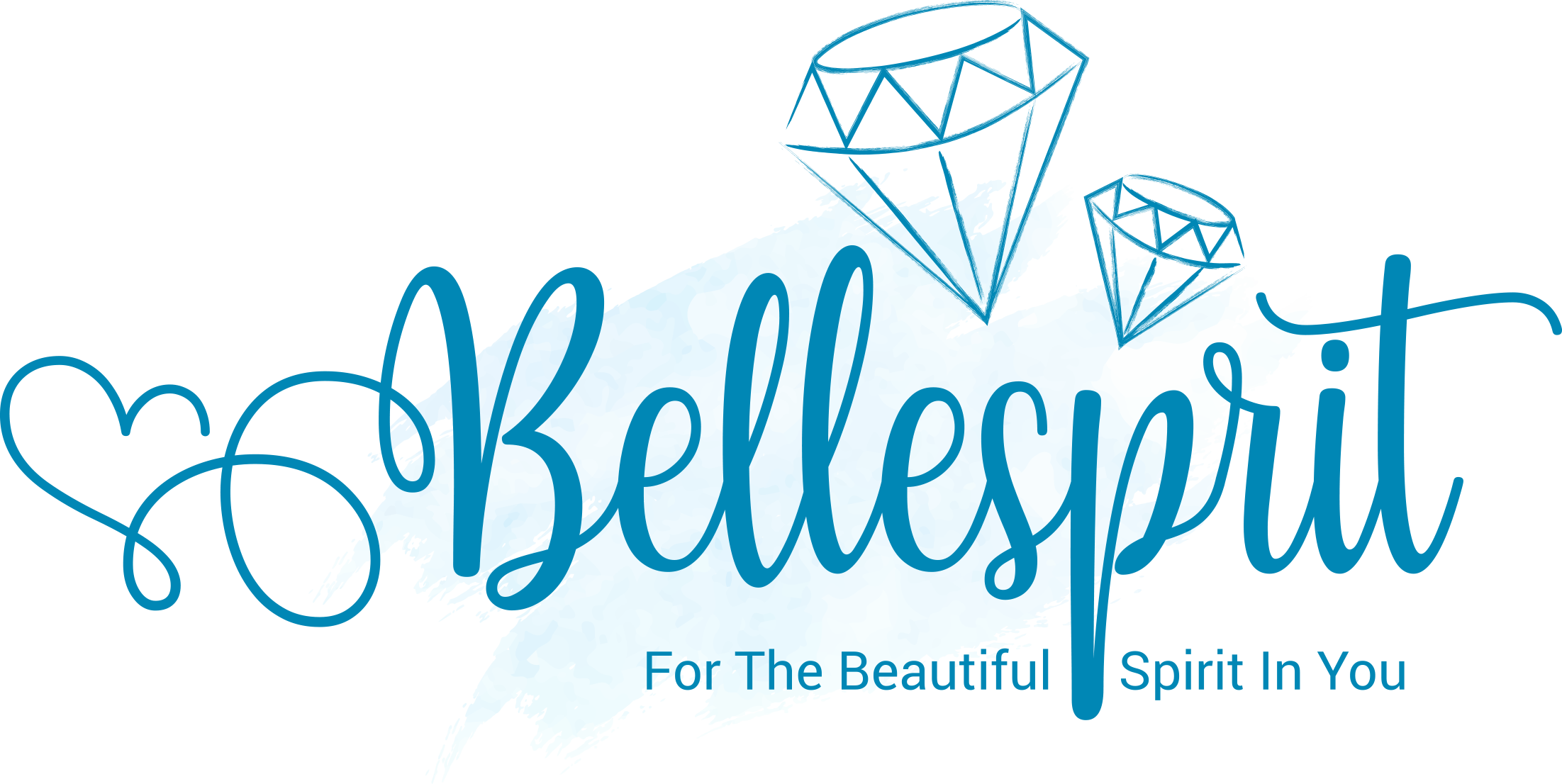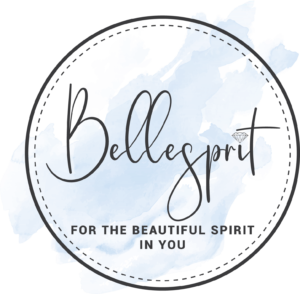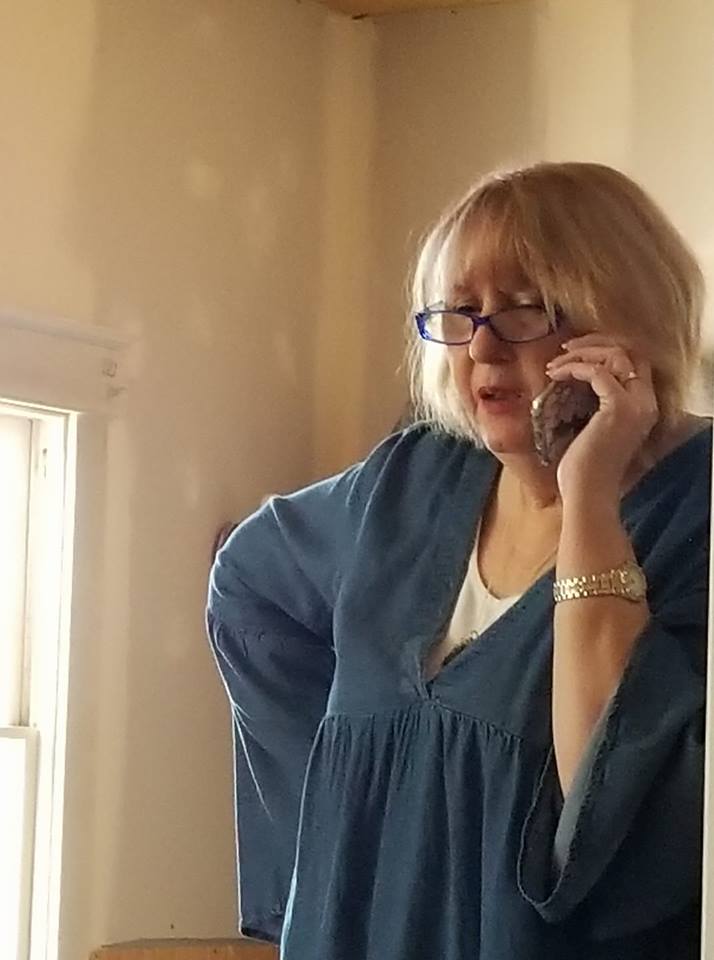As a child, I remember it being fashionable to have a diary, a private place to record our dreams, fears, thoughts, experiences and observations of the world. Mine was a little white book with a lock, and the words ‘My Diary’ etched in gold. I kept the key hidden safely away. Those words were for my eyes alone. That was the purpose of a diary, after all, and heaven forbid anyone were to read its secrets.
During certain periods of my teen and adult life, when times were difficult and I needed a safe outlet, I would again write my secrets in a journal. These writings were usually intense and full of emotion. My journal was the silent friend who listened without judgment or comment as I poured out feelings of betrayal, confusion, loss and anger. I could put on a brave face to others during my divorce, relationship difficulties and fears, but my hidden friend knew all, and sometimes that one friend was enough.
Sometimes my words came out as poems. Sometimes, it is automatic, inspired and spiritual. It was really cool when that happened. I could not believe those wise unworldly words appearing on the page were mine, and I’m still not sure they were! My pen could barely keep up. At other times, I wrote of the special, precious moments that life offered – times with family, a beautiful flower poking its cheery face up through the cracks in the sidewalk, watching a puppy’s antics. My joy was multiplied by writing and I was thankful to relive them.
How Journaling Helps You Process and Heal Emotionally
Recording your thoughts helps you nurture a relationship with your Self and inner world. It is like having a personal friend or therapist who is always there, ready to mirror back an unbiased glimpse of yourself. You can unload your ‘unfinished business’ onto your silent witness. Just the act of writing down your experiences and feelings helps you to process them and get a second, neutral look. Sometimes, especially if you write about the same thing day after day, you may gain a new perspective on the situation and you may feel surprisingly differently about it.
Rereading your earlier writings can help you get to know different parts of yourself. It serves as a record of our unfolding lives with all its joys and sorrows. You will notice patterns and cycles and how much you have matured, changed or remained the same. It serves as a reminder of the wondrous times you’ve experienced. For the darker days, rereading makes it evident that this too shall pass and that you can come out of it refined by the fire.
A Family Record
At a friend’s home, I was introduced to another type of journaling. For years, her mother wrote daily of what many would consider life’s most mundane things. Page after page described what Johnny had for lunch, how the weather was, and her feelings, what she did and talked about that day. She wrote detailed descriptions of the family dinner and who was there to enjoy it.
This book lied open on the kitchen counter for all to see. What caught my attention was that my friend considered these journals a family treasure, a record of their lives together. There was little that one might consider deep in her writings, but they were precious. Now that so many of my loved ones have crossed over, I can see why.
After my mother died, my sister gave me a large white envelope filled with letters and cards that I wrote in my twenties while living overseas and across the country. They were a record of who I was and my sons’ babyhood. I could be quite ‘cheeky’ back then! My now grown sons got to read about how they learned to talk and walk. That these letters were saved for thirty years were a testimony to how much my mother loved us. Card after card let me know that I did let her know how important she was to me. Although that knowing brings melancholy tears to my eyes, they are healing, heart touching tears.
How to Journal
If you can talk, write, or type, you can journal. Indulge yourself and get a beautiful (or handsome!) blank book that you will enjoy writing in. You may even like to dedicate a special pen for the purpose. Of course, you can use your word processor or voice recorder, but I do think there is something special about writing in a special book with your own hand.
Explore different styles of writing. Allow yourself to write when experiencing different moods. One day write when you are feeling angry, another when you are inspired, perhaps another in a meditative state. You may even want to write a few entries with your non-dominant hand. Write yourself a question with your writing hand and answer with the other. Use a favorite or challenging quote as inspiration. You may be quite surprised by your responses! Be real; hold nothing back. Periodically, reread some of your entries. You will be amazed by all you learn about yourself and your life. Are there recurring themes? Is some part of you calling out with a message or asking for recognition or healing? Are there a few entries that you would like to share with your loved ones or even the world?
You do not have to write every day or keep all your writing. At this stage of my life, I do routinely journal, although I do express myself through other types of writing often. When I do hear a message or poem pouring out of my heart, I try to hold onto it long enough to write it down.
Several years after writing my emotional trauma and divorce period journals I reread some of them and decided that as cathartic as they were, that was not an energy I wanted to bring forward with me in my happier, more mature life. I did not want my loved ones to find a written record of my misery, even though some of the writing sounded spiritual. Writing my thoughts and feelings in those dark days helped me stay sane, but holding on to them did not feel mentally or emotionally healthy. Thankfully, the person I was when writing those words was no longer me.
With a little ceremony, I fired up the burning barrel, dumped everything in, leather binder and all, and watched the flames eat those pages before they went up in smoke. It felt surprisingly good to permanently erase a record of wrongs and emotional turmoil. It was one more way I freed myself to live a happier life.
Val Silver is a holistic wellness educator and coach. Her website is www.holistic-mindbody-healing.com. You can contact Val at val@holistic-mindbody-healing.com.




